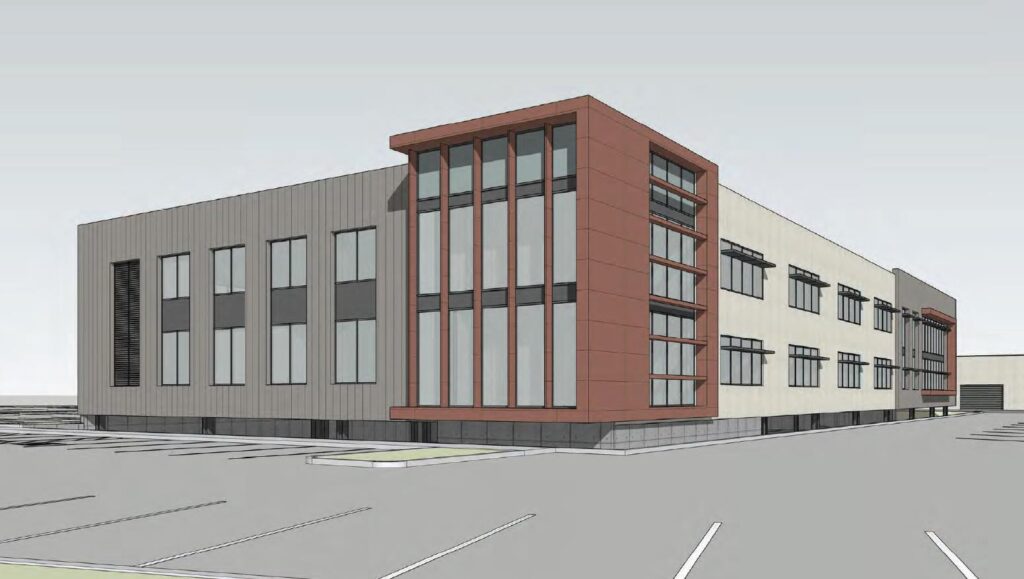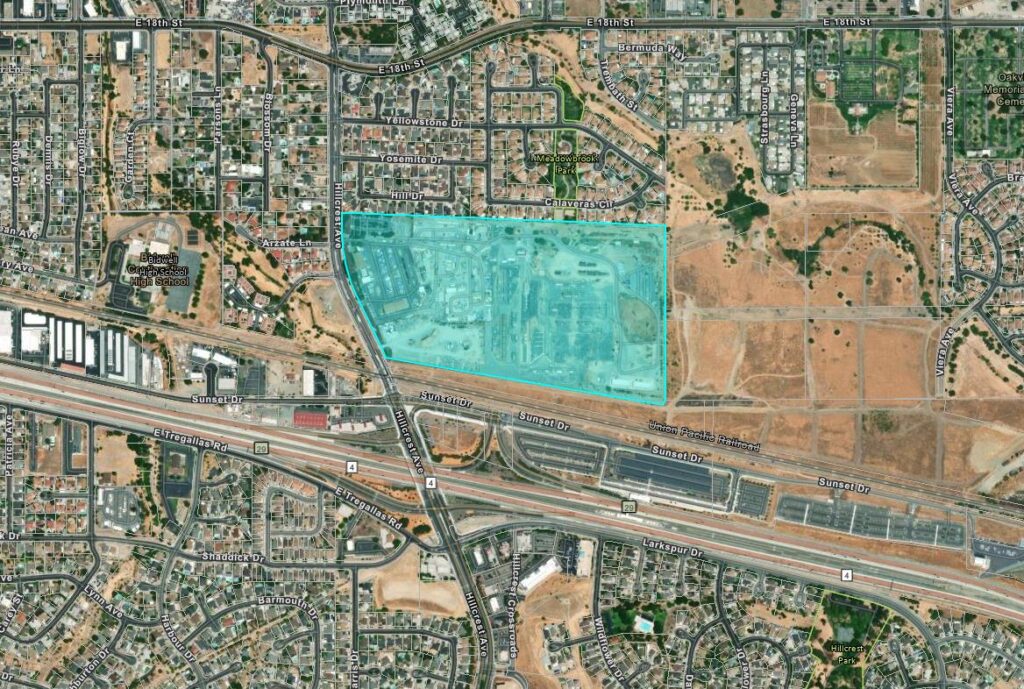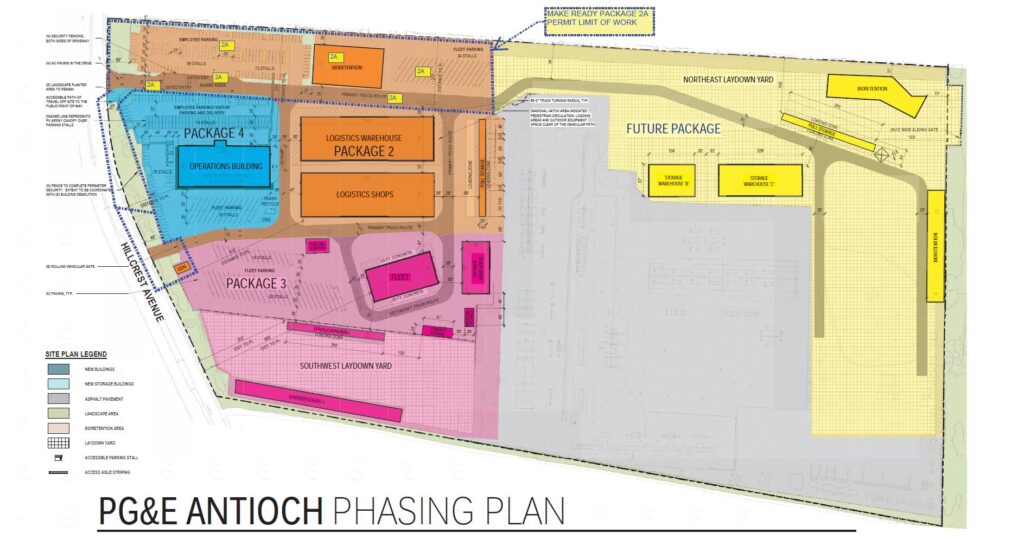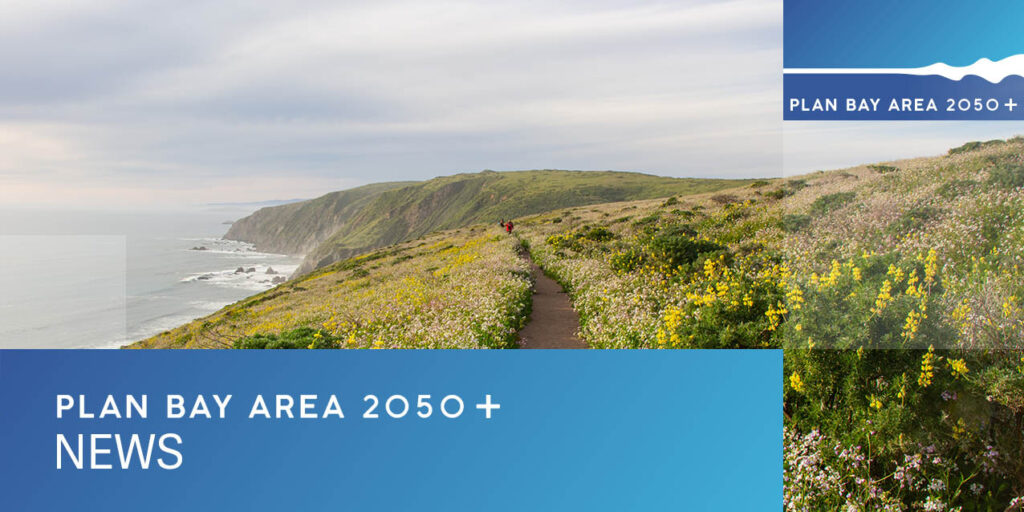 Introduces three bills
Introduces three bills
Congressman Mark DeSaulnier (D, CA-11) announced, Monday, his effort to create a model that will help transition our economy away from petroleum products to cleaner, renewable energy while simultaneously supporting workers, communities, and state and local governments. The model will also create more investments in our transportation system, developing an inter-connected, world-class public transportation network and creating jobs. The coronavirus pandemic has expedited our transition away” from petroleum products which increases the urgency of a planned and serious effort to make sure we shape this transition in a way that works for everyone. DeSaulnier’s model will allow local communities to join with workers, industry, environmental leaders, mayors, and other local elected officials to proactively plan for the transition away from the petroleum industry and support worker transition and training.
As part of this effort, Congressman DeSaulnier announced three bills that will address this transition. The first bill, the Protecting Workers for a Clean Future Act, addresses the imminent market evolution to renewable, clean energy by providing direct support to local communities to convene industry, the local petroleum products workforce whose jobs are at risk, environmental justice advocates, and environmental groups to make a plan to transition workers to meaningful, sustainable work. The market is inevitably moving to cheaper, more sustainable energy sources, and refinery workers across America will fall victim to joblessness if we do not act now.
The second bill, the Jobs for a Carbon Free Transportation System Act, takes a unique approach to addressing the intersection of three of the biggest challenges our nation faces: climate change, outdated infrastructure, and job insecurity. The bill prioritizes and invests in state-of-the-art transportation system reforms that would improve mobility and reduce greenhouse gas emissions by developing low-carbon, efficient, inter-connected, and smart transportation corridors all while creating good paying union jobs. With the inevitable transition away from petroleum products these improvements would have, it also supports workers to transition out of the petroleum products industry and into meaningful, more secure work.
The third bill, the Clean Corridors Act, would launch a federal program that would accelerate the expansion of electric vehicle (EV) charging infrastructure to help reverse climate change and modernize our country’s infrastructure. Specifically, the Clean Corridors Act, which the congressman also introduced in the 116th Congress, would direct $3 billion over the coming decade to construct and install infrastructure to support technologies like hydrogen fuel cell and electric battery-powered vehicles. With this legislation, we can help sustain the growth of the EV market, which means more jobs, a healthier Earth, and a strong economy.
“We’re seeing firsthand in Contra Costa that refineries are idling…and local governments are losing their tax base because of the decrease in…consumption during the pandemic. Failing to address the market shift will inevitably create a snowball effect including dramatic job loss and decreased local and county revenues, which in turn create drastically underfunded schools. The time is now…to shift toward more sustainable sources of energy, but they cannot leave thousands of workers jobless in their wake,” said DeSaulnier. “At home in Contra Costa and around the country, we have the opportunity to set the stage for green jobs that are both worthy of workers’ skills and help our nation in the much-needed fight against climate change. This effort can help make Contra Costa a model for the rest of the nation.”
In developing this effort, the congressman has held dozens of meetings with stakeholders over the past two years, including with local mayors, county supervisors, the Contra Costa County administrator, other elected officials, environmental justice advocates, environmental representatives, labor leaders, university researchers, and other thought leaders on the energy transition.
“I am proud to support Rep. DeSaulnier’s transition model that will support workers while also incentivizing the move toward clean energy,” said Congressman Mike Thompson (D, CA-5), who represents Martinez. “These three bills are a critical step forward in using renewable energy right here in our community while also ensuring that workers have the opportunity for retraining and job opportunities in new industries. I am proud that our region can be an example in this important step toward tackling climate change and paving the way forward for green jobs.”
“We welcome Congressman DeSaulnier’s bold effort since our county is on the front lines of the transition to cleaner energy,” said Contra Costa County Supervisor John Gioia, who represents West County in District 1. “Given the plans of two Contra Costa refineries to end crude oil production and convert to the world’s largest renewable fuels plants, we need to ensure our workers and local economy are not left behind and that residents in communities which bear the burden of pollution benefit from the transition to clean energy.”
“We welcome leadership and assistance from the federal government as we develop plans to help workers, bolster our economy, and support communities that have historically been the most impacted,” said Contra Costa County Administrator Monica Nino.
“As we transition to clean fuels and high-tech energy, it is a matter of equity and economic justice that we support the growth of high-paying jobs and industries to replace those which are being phased out,” said California Assemblyman Tim Grayson. “The green economy presents us the opportunity to not only protect our planet, but to also empower workers, particularly those within historically-marginalized communities, by investing in their training and education.”
“The future of work in the green economy cannot be a race to the bottom in terms of labor standards and not having a voice at work,” said Contra Costa Labor Council Executive Director Josh Anijar. “Contra Costa’s labor movement is encouraged by Congressmember DeSaulnier and all those who are committed toward the future by building the bridge between the green economy and working families.”
“The clean energy economy can work for everyone, providing good paying jobs for a just transition, giving all of us more options,” said Ann Notthoff, retired Natural Resources Defense Council California Advocacy Director.
“The International Brotherhood of Boilermakers has a history of being at the forefront of innovation related to clean, reliable energy.” said International Vice President for the Western States Section of the International Brotherhood of Boilermakers Tom Baca. “To that end, we continue to advocate for carbon capture, use and storage and other carbon capture technology as a solution – all while preserving and creating jobs, economic growth, and social stability.”
“Contra Costa County’s refineries are well aware of the energy future and work every day to help meet it. Local refineries have invested billions to upgrade their facilities as California leads the nation with ambitious greenhouse gas reduction targets,” said President and CEO of the East Bay Leadership Council Kristin Connelly. “Without a doubt, the COVID-19 pandemic has dramatically impacted countless industries including the local energy sector. Protecting the thousands of high paying jobs created by these employers must be a top priority. The East Bay Leadership Council looks forward to working with Congressman DeSaulnier in facilitating industry’s engagement in this process.”
“Congressman DeSaulnier has clearly thought about the American workers and communities that will be impacted by this transition, and he is seeking solutions to ensure those workers and communities are supported as we move into a low-carbon future,” said Citizens’ Climate Lobby Executive Director Mark Reynolds.
Rep. DeSaulnier is a member of the U.S. House of Representatives Education and Labor Committee, Transportation & Infrastructure Committee, and Oversight and Reform Committee. He previously served as the Chair of the State Senate Transportation and Housing Committee and in the State Assembly as the first freshman in history to chair the Assembly Transportation Committee. He is also a former Concord City Councilmember, Mayor, County Supervisor, and member of the California Air Resources Board.












 Introduces three bills
Introduces three bills PITTSBURG, CA
PITTSBURG, CA 











